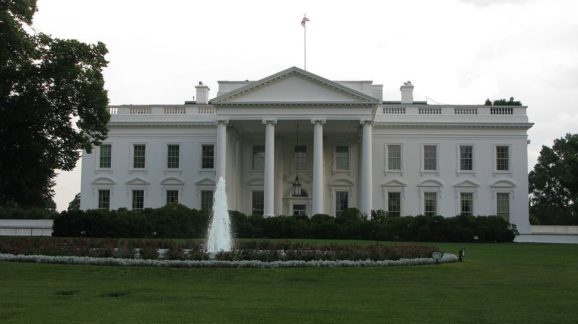White House Moves to Strengthen Information Quality Act

The White House Office of Management and Budget on April 24th sent a memo to heads of departments and agencies updating guidelines for implementing the Information Quality Act of 1999. My first impression is that the updates look like they improve in several respects the way the IQA should be used.
The first set of updates reiterate and strengthen the requirements for using peer review, especially when the scientific information being used qualifies as “influential.” The second set of updates concern expanding and improving the re-use of data for purposes other than the original one.
The third set of updates may be the most important. Influential information should be communicated transparently “by including a clear explication of underlying assumptions; accurate contextualization of uncertainties; and a description of the probabilities associated with both optimistic and pessimistic projections, including best-case and worst-case scenarios.”
When specialized computer code is used, it “should be made available to the public for further analysis, if consistent with applicable law and policy.” Moreover, “agencies should prioritize increased access to the data and analytic frameworks (e.g., models) used to generate influential information. All data disclosures must be consistent with statutory, regulatory, and policy requirements for protections of privacy and confidentiality, proprietary data, and confidential business information.”
The fourth and final set of updates requires changes in the way that agencies handle requests for correction (RFC) by the public when information disseminated by the agency appears not to meet the minimal standards required by the IQA. Responses to RFCs should be made within 120 days and “should contain a point-by-point response to any data quality arguments contained in the RFC and should refer to a peer review that directly considered the issue being raised, if available.”
Agencies should now share their draft responses with OMB for assessment of compliance. The memo also requires that when responses to RFCs are appealed, the appeal should not be considered by the same people who made the initial response.
Inside Climate News and the Union of Concerned Scientists immediately charged that the additional IQA guidelines are an attempt to undermine or restrict the use of science in policymaking. By science, of course, they mean junk science.